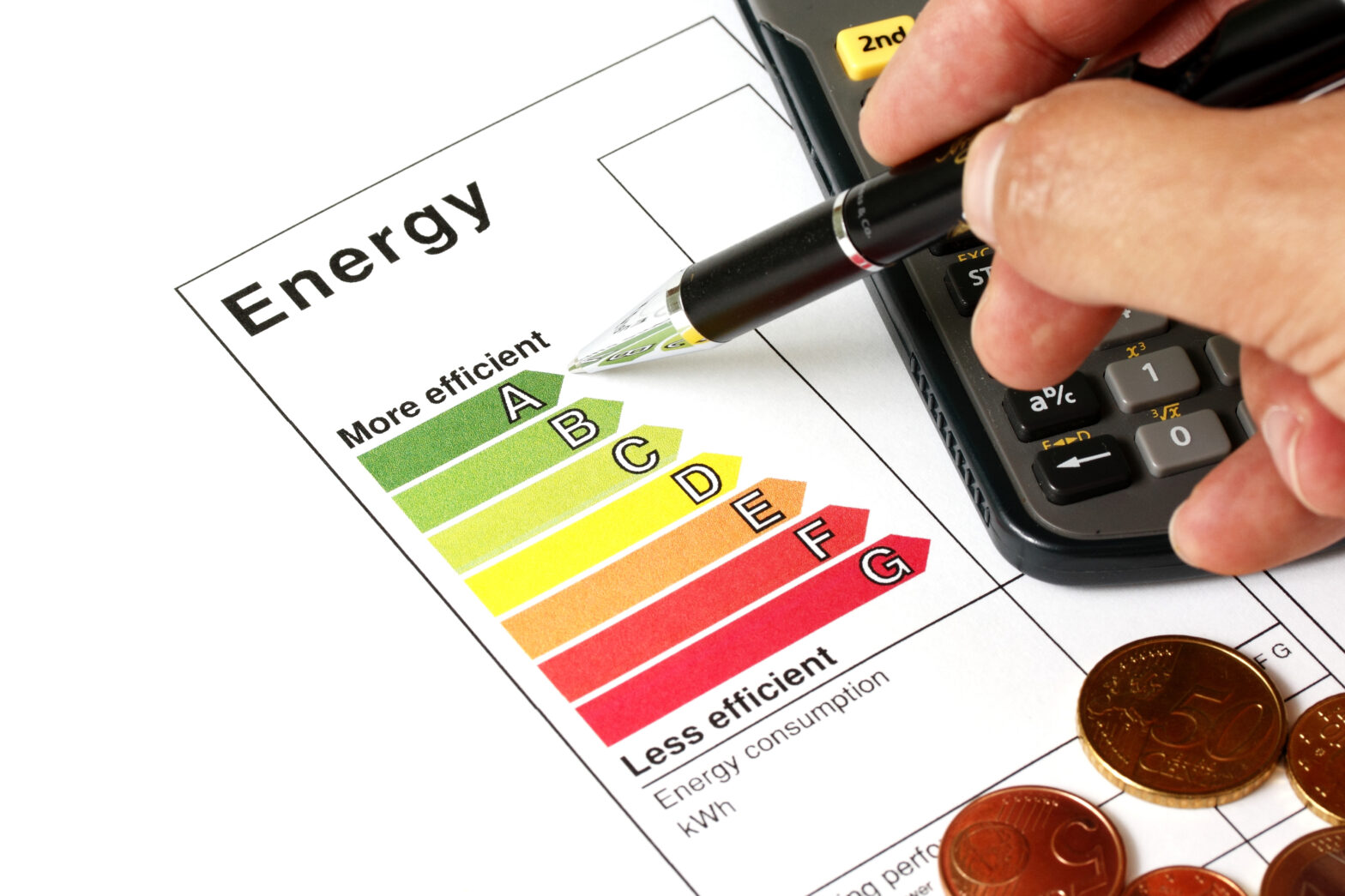Energy efficiency is becoming a real consideration for small business owners. When margins are tight, it is prudent to assess your cost base for any areas that can be trimmed. Energy usage might be one such area – but it is testament to the value SME owners are placing on conserving the environment that cost is not the main factor when it comes to consumption.
According to a study earlier this year by the Federation of Small Businesses (FSB), nine in ten small companies seek to be more energy efficient in their own business, and while more than three quarters (78 per cent) list cost savings as a motivator, a considerable 70 per cent say that protecting the environment is an important motivator for action.
A quarter see energy efficiency as a marketing tool, finding it a viable way to attract customers and help promote their business.
Tony Sartorius, chairman of Alucast, a specialist provider of aluminium castings and machined components, says that both of his plants are on half-hourly metering.
‘We use electricity for metal melting in the pressure and sand foundries and we use gas in the gravity area. We do try to cut consumption during periods of TRIAD warnings, as the kilowatt per hour charge is eye-wateringly expensive at these times. This is something we can adapt to due to the timing of our two shifts,’ he says.
Sartorius adds that Alucast’s core business of melting metal requires a lot of energy. ‘Without it I can’t make castings and that means we have no business. The key is to try to be as efficient as possible and to take advantage of government support where it exists. By working smarter we can have both a good environmental and financial impact.’
Sometimes energy efficiency can be as simple as reducing the wattage of lightbulbs. Jenny Parrett is owner of daycare centre for dogs Woofs n Wiggles. On moving in to her premises, the estate agent promised an electrical certificate for the building which never came, and subsequently admitted there wasn’t one.
‘I was unaware of the lighting being so expensive; when the bills came through I thought I was paying for the electricity of others that are part of the site. I disputed paying until I knew where the cables and meters were feeding,’ Parrett says.
This took a long time and, after getting the Ombudsman involved, Parrett discovered she had to make the arrangements to get the lights evaluated.
‘An electrician came and found that each of the 21 bulbs was 400 watts. We have now paid for a more economical replacement being fitted; eight strip lights of 40 watts.’
Lighting the path to energy efficiency
As well as low wattage lighting, LED lighting is a focus for many companies, including North Yorkshire hotel The Traddock. General manager Paul Traddock says, ‘Each LED bulb costs us £9, with around 290 needed to illuminate the hotel. But as they last up to 100 times longer than a traditional bulb, we are saving both time and money as well as energy. I used to be up a ladder changing bulbs every few days and I can’t remember the last time I had to now.’
The Traddock has also invested £44,000 in a low carbon biomass boiler which burns wood pellets. ‘Although it was a large upfront cost, we received a government subsidy through the Renewable Heat Incentive and expect to reduce our energy costs by around £12,000 a year,’ he says.
Sally Phillips, founder of Chimney Sheep, a draught excluder for chimneys, says she would like her company to be more energy efficient but renting her premises is a restriction. ‘I asked the landlord if they could insulate our offices but they refused, so we did it at our own expense,’ she says.
Chimney Sheep’s main warehouse is heated by a giant gas heater. ‘When it’s on we are warm but as soon as it is switched off we are cold again; there is virtually no insulation in the main building,’ Phillips explains. ‘If you look around the country there must be thousands of premises like ours that are inefficient and leaking heat. We sell insulation products so it is very frustrating but we are a new start-up so can’t afford to buy our own building or insulate the entire building.
‘Also it would be great to cover it in solar panels but again it’s not worth the company making that much investment in a building we rent.’
FSB national chairman John Allan says that small businesses are enthusiastic about energy efficiency and this desire should be capitalised on for the good of their business and the environment.
However, he adds, ‘What our research does tell us is a simple ‘one-size fits all’ approach will not work as different businesses are driven by a diverse range of factors.’
The energy market will continue to fail small firms until it can help businesses reduce their energy consumption, as well as their underlying unit costs, Allen says.
‘There are several initiatives in place to help businesses become energy efficient, including the Green Deal. But government and energy companies need to do more to understand the different circumstances and motivations of small businesses to help promote further action on energy efficiency.’
The Federation of Small Businesses is the UK’s largest campaigning pressure group promoting and protecting the interests of the self-employed and owners of small firms. Formed in 1974, it now has around 200,000 members across 33 regions and 188 branches.





